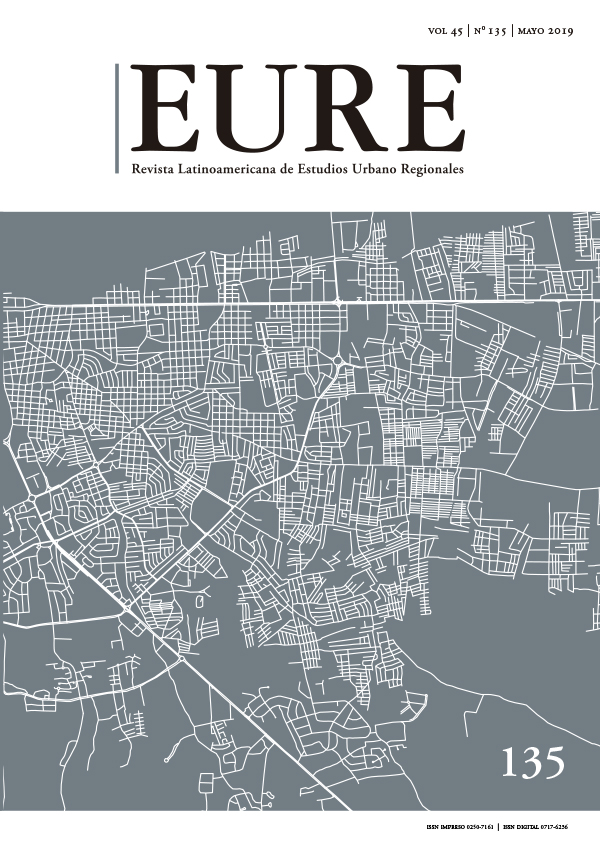Social Housing Policies in Chile in a Context of Hybrid Neoliberalism
DOI:
https://doi.org/10.4067/S0250-71612019000200005Keywords:
housing policy, territorial management, social inequalityAbstract
In the framework of social policy paradigms, specifically within the framework of housing policies, the concept of hybrid neoliberalism is proposed to understand a new paradigm of social intervention. The hybrid approach in social intervention lies in the connection between elements of neoliberalism with proposals for investment and social promotion. The article argues that this hybridization, in the Chilean case, takes place in the enduring subsidiary system, the outsourcing of the intervention, the execution of projects that seek to be more relevant to cultural and territorial realities, and paradoxically, in the increasing prominence of the public system. The aim is to demonstrate through the qualitative analysis of four housing complexes, that the aforementioned elements can give grounds for Í€œexceptional casesÍ€ in social housing policy, with an increase in the quality of the housing supply that does not reach the requested standards of the entire served population. The paper concludes that public policy produces new gaps, which in this case, translate in a differentiated experience in the quality of the goods and services provided.Downloads
Published
How to Cite
Issue
Section
License
Copyright (c) 2019 Revista EURE - Revista de Estudios Urbano Regionales

This work is licensed under a Creative Commons Attribution 4.0 International License.
Al momento de aceptar la publicación de sus artículos, los autores deberán formalizar la cesión de derechos de autor a EURE, según las condiciones establecidas por la Revista.
Ésta establece que el autor autoriza a EURE de manera gratuita, exclusiva e ilimitada a reproducir, editar, publicar, distribuir, publicitar, comercializar y traducir el artículo, a cualquier soporte conocido o por conocer y desarrollar.
Del mismo modo, los autores aseguran que el artículo propuesto es original, no publicado y no propuesto para tal fin a otro medio de difusión.


